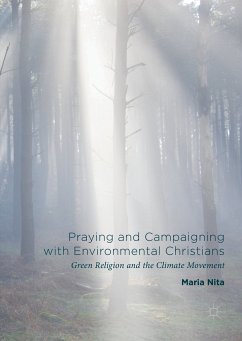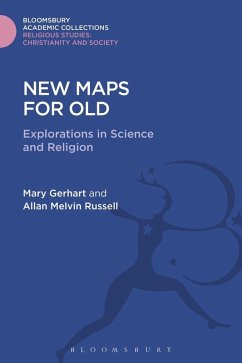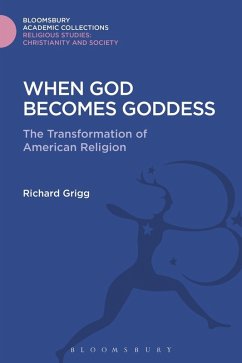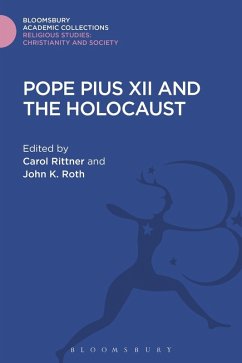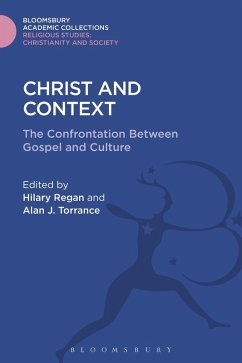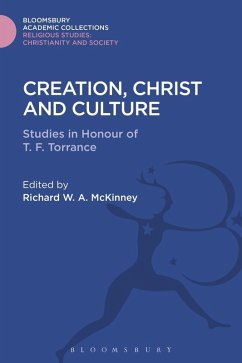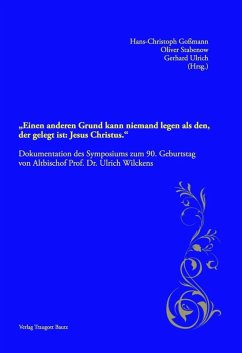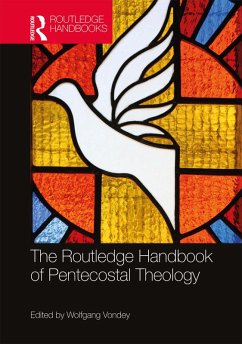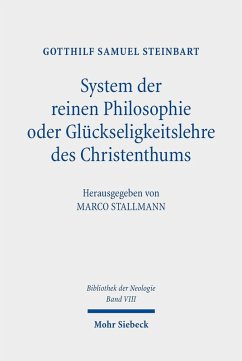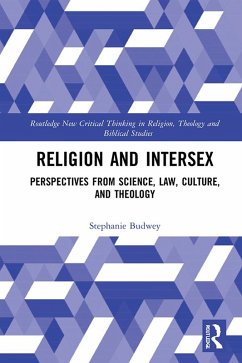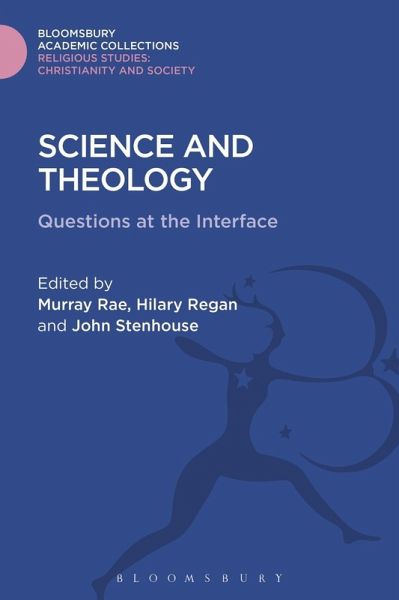
Science and Theology (eBook, PDF)
Questions at the Interface
Redaktion: Rae, Murray; Stenhouse, John; Regan, Hilary
Versandkostenfrei!
Sofort per Download lieferbar
91,95 €
inkl. MwSt.
Weitere Ausgaben:

PAYBACK Punkte
46 °P sammeln!
In popular culture, science and theology have often been portrayed as antagonistic. Some writers have described the history of the debate in terms of a surrender by theology, a retreat from the field of engagement: theology has abandoned the public arena, leaving all creation to science, and has opted instead for the safer ground of ethics, morality and personal or private belief. Science and Theology advocates a constructive dialogue between the two subjects and suggests the topics where they might meet. The essays in this volume were commissioned from leading figures around the world - exper...
In popular culture, science and theology have often been portrayed as antagonistic. Some writers have described the history of the debate in terms of a surrender by theology, a retreat from the field of engagement: theology has abandoned the public arena, leaving all creation to science, and has opted instead for the safer ground of ethics, morality and personal or private belief. Science and Theology advocates a constructive dialogue between the two subjects and suggests the topics where they might meet. The essays in this volume were commissioned from leading figures around the world - experts in their own disciplines, but enthusiasts for debate at the science and theology interface. They include Norma Emerton, Owen Gingerich, Nancey Murphy, John Polkinghorne, John Puddefoot and Carver T. Yu. They discuss natural theology, the methodologies of science and theology, and theology in the light of scientific discovery. Their themes cover scientism, divine action in the world, the problem of evil, freedom and determinism, reductionism and humanity, the limits of knowledge, and chaos theory. Together, these essays offer a significant and positive contribution to one of the most exciting areas of modern thought.




